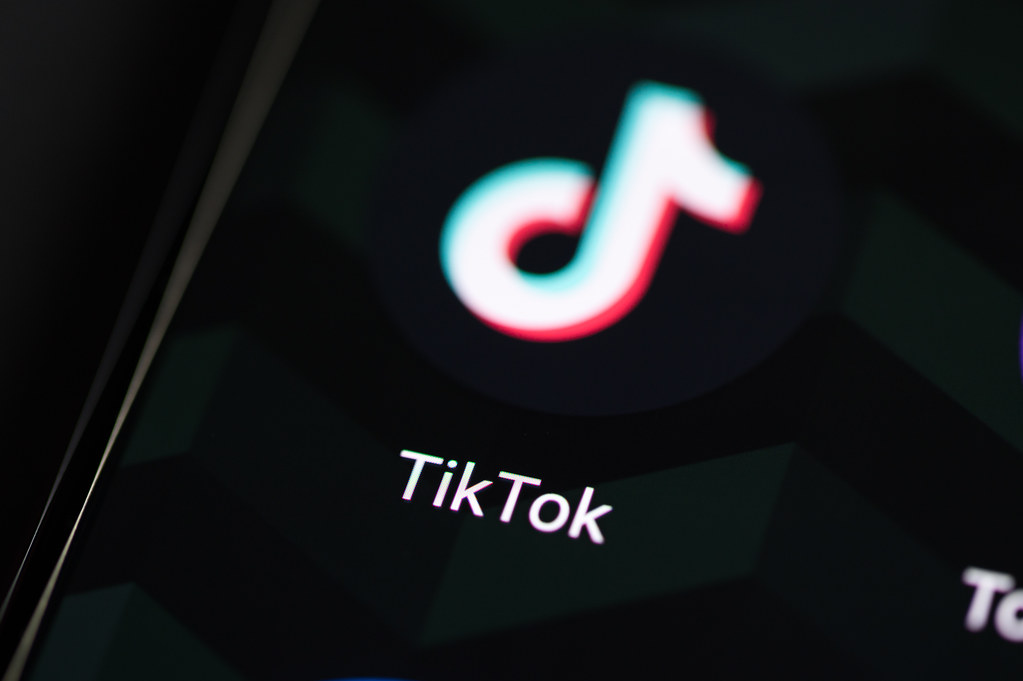
The United States Supreme Court is set to hear oral arguments regarding the future of TikTok in the U.S., as the government seeks to impose a ban on the popular app unless its parent company, ByteDance, divests its ownership. The Protecting Americans from Foreign Adversary Controlled Applications Act would enforce severe civil penalties on entities that continue to host TikTok after January 19. This case not only has significant implications for the social media landscape but also raises profound questions about free speech rights in the digital age.
National Security vs. Free Speech
The government contends that TikTok poses a national security threat, branding it a “powerful tool for espionage” and a “potent weapon for covert influence operations.” This assertion comes amid ongoing concerns about the app’s ties to China and its potential misuse for surveillance. Approximately 115 million monthly active users in the U.S. rely on TikTok for content, making the stakes particularly high.
Legal experts emphasize that the case will have “enormous implications” due to TikTok’s extensive user base. Erwin Chemerinsky, dean of Berkeley Law, remarked on the gravity of the situation, stating that the justices will need to consider whether the proposed law infringes upon the U.S. Constitution’s free speech protections. He noted, “Ultimately, this is a tension between free speech issues on the one hand and claims of national security on the other.”
If the law takes effect without intervention from the court, users who already have TikTok downloaded may still be able to access the app, although its functionality could be significantly hampered. Thousands of content creators who leverage TikTok for income through ad revenue and partnerships face uncertainty. Many will likely need to transition their businesses to alternative platforms if the ban goes through.
The court’s decision is anticipated to be rendered as early as next week, though it remains unclear when an official ruling will be announced. George Wang, a staff attorney at the Knight First Amendment Institute, voiced concerns about the implications of shutting down TikTok, stating, “Shutting down TikTok, even for a single day, would be a big deal, not just for people who create content on TikTok, but everyone who shares or views content.” Wang further stressed that such an action could set a “really dangerous precedent for how we regulate speech online.”
The potential ban comes at a critical time for TikTok, which has played a notable role in political campaigns, including those of Trump and Democratic nominee Kamala Harris in 2024. The app has emerged as one of the most common news sources among younger voters, highlighting its influence in shaping public opinion and discourse.
Erwin Chemerinsky also emphasized the unprecedented nature of this government action, noting, “It’s unprecedented for the government to prohibit platforms for speech, especially one so many people use.” The outcome of this case could redefine how social media platforms are regulated in relation to national security concerns and free speech rights.
Author’s Opinion
The Supreme Court’s impending decision on the TikTok ban represents a pivotal moment for digital rights and national security. This case intricately intertwines the principles of free speech with the imperatives of national security, challenging the court to strike a delicate balance. The potential repercussions of this decision will ripple through the social media landscape, impacting not just TikTok’s vast user base but also setting a broader legal precedent that could affect all digital platforms. As such, this case serves as a crucial test of the resilience of First Amendment protections in the age of digital communication and international tensions.
Featured image credit: Ivan Radic via Flickr
Follow us for more breaking news on DMR
